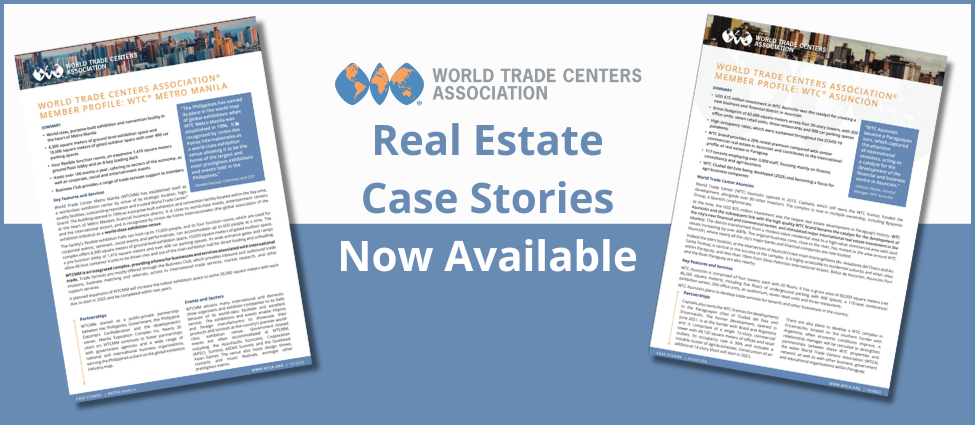

Age of Opportunity in Private Markets
Each wave of the pandemic, spanning over two years, has changed the global economy in unexpected ways. Unprecedented levels of fiscal and monetary support in the first year of the pandemic stabilised markets and have encouraged innovation in a number of industries. Private-market investors are uniquely positioned to benefit from the innovation supercycle that’s being driven by digitisation of the global economy, a decades-long transformation accelerated by the pandemic.
That’s the view of institutional investors worldwide, as expressed in a new global survey of allocators and portfolio managers. Investors see a future where the technological innovation that reshaped workplaces and industries during the pandemic will endure in the years to come. The disruption and transformation of technology and health care sectors and a universal focus on environmental, social and governance (ESG) factors are reshaping institutional investors’ decisions globally.
But, the optimism comes along with a period of near-term rising asset prices, inflation and contagion risks that have continued to be a concern along with the uncertainty of several waves of the pandemic. How can investors in private markets guard against these risks? As investors consider the lasting macroeconomic shifts from the pandemic, what are the sectors and regions that will stand out in the tightening competition for returns?
Join Economist Impact for "Age of Opportunity in Private Markets", a virtual event supported by Adams Street Partners, to explore how technology and healthcare innovation, flexible workplaces, and impact investing are powering a consequential age for private-market investors.


